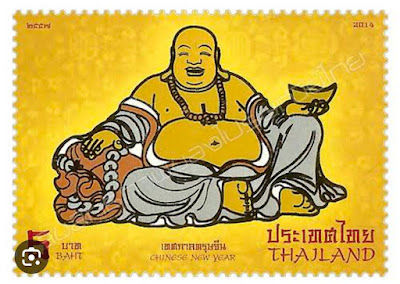Vande Mataram is a poem written in Sanskrit and Sanskritised Bengali by Bankim Chandra Chatterjee in the 1870s. The first two verses of the poem were adopted as the National Song of India in October 1937 by the Congress.
The poem was first published in 1882 as part of Chatterjee's Bengali novel Anandmath.It is an ode to the motherland, personified as the "mother goddess" in later verses, of the people. This initially referred to Bengal, with the "mother" figure therefore being Banga Mata (Mother Bengal), though the text does not mention this explicitly.Indian nationalist and philosopher Sri Aurobindo referred Vande Mataram as the "national Anthem of Bengal".
Nonetheless, the poem played a vital role in the Indian independence movement. It first gained political significance when it was recited by Rabindranath Tagore at Congress in 1896.By 1905, it had become a popular amongst political activists and freedom fighters as a marching song.The song, as well as Anandmath, were banned under British colonial rule under threat of imprisonment, making its use revolutionary. The ban was ultimately overturned by the Indian government upon independence in 1947.
On 24 January 1950, the Constituent Assembly of India adopted Vande Mataram as the Republic's national song. President of India Rajendra Prasad stated that the song should be honoured equally with the national anthem of India, Jana Gana Mana. While the Constitution of India does not make reference to a "national song", the Government filed an affidavit at the Delhi High Court in November 2022 stating that Jana Gana Mana and Vande Mataram would “stand on the same level”, and that citizens should show equal respect to both.
The first two verses of the song make abstract reference to the "mother" and "motherland", without any religious connotation. However, later verses mention Hindu goddesses such as Durga.
Unlike the national anthem, there are no rules or decorum to be observed when reciting Vande Mataram



